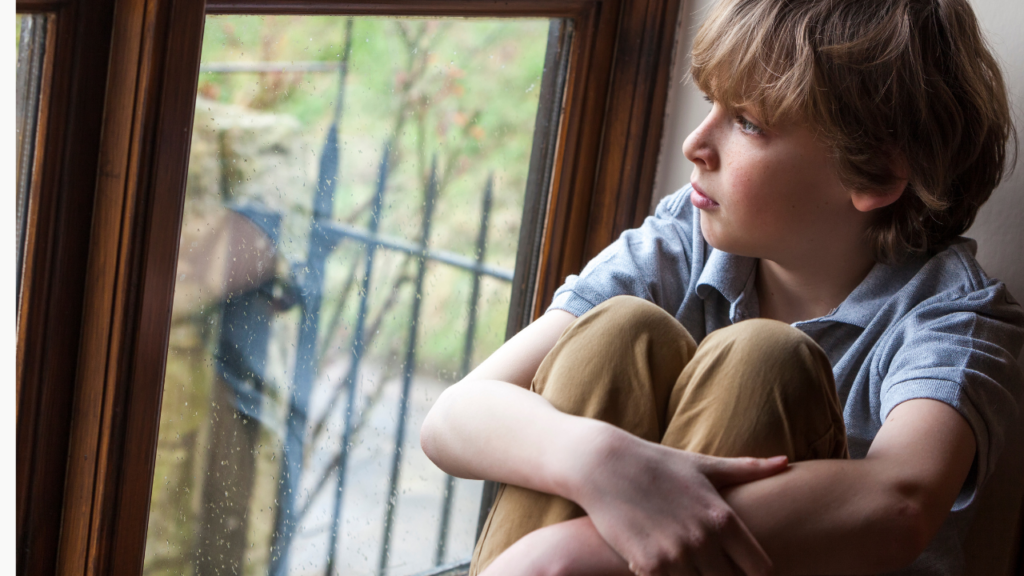Imagine this: your child is faced with a problem at school and instead of feeling frustrated or overwhelmed, they confidently come up with a creative solution. As a parent, you know that this kind of adaptability and flexibility is key to your child’s success in school and in life. But how can you help your child develop these skills? The answer is flexible thinking.
Flexible thinking is kind of like having a rubber band for a brain – it allows kids to stretch and adapt to new situations and challenges with ease. It helps them find new ways to approach problems and come up with creative solutions. And let’s be real, as a parent you know firsthand that kids are faced with a never-ending stream of new challenges and situations – from navigating social interactions to dealing with unexpected changes in plans. Having a flexible brain can help them handle these challenges like a pro.
But flexible thinking isn’t just about being able to go with the flow – it has some serious benefits. For starters, it allows kids to switch tasks or plans on a dime when things don’t go as expected. So, if your child’s soccer game is rained out, a flexible brain will help them come up with a backup plan for how to spend their afternoon that’s just as fun.
And the ability to think flexibly also plays an important role when it comes to getting along with friends and navigating social situations. When kids are able to consider multiple perspectives and adapt to changing social dynamics, they are better able to form and maintain friendships.
But you don’t have to take my word for it. There’s research to support the benefits of flexible thinking. A study published in the journal Intelligence found that kids who scored high in flexible thinking were more successful in problem-solving tasks. Another study published in the journal Thinking Skills and Creativity found that people with flexible brains had higher levels of creative thinking and were better at coming up with novel ideas. And a study published in the journal Social Development found that children who were able to consider multiple perspectives in social situations were more likely to display prosocial behaviors and to be perceived as likable by their peers.
So, how can adults help children develop flexible thinking skills? Here are a few suggestions:
- Encourage children to try new things and experience new situations. This can help them become more comfortable with change and adaptability.
- Remind kids that there are often many ways to solve a problem. For example, if they’re stuck on a math problem, ask them to try approaching it in a different way or to think about how they might solve it if they were a character in a story.
- Provide children with opportunities to make decisions and solve problems on their own. This helps them learn how to think for themselves and come up with their own solutions.
- Play games that require flexible thinking, such as puzzles or riddles. These types of activities help children practice their mental flexibility.
In short, flexible thinking is a valuable life skill that will set your child up for success in school and in life. By engaging in these activities, kids can boost their flexible thinking skills and become more adaptable to new and unexpected situations.

